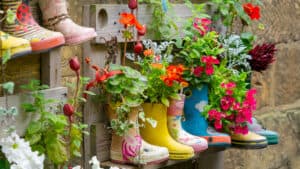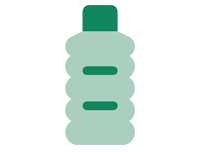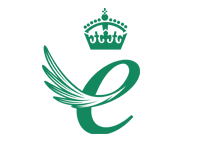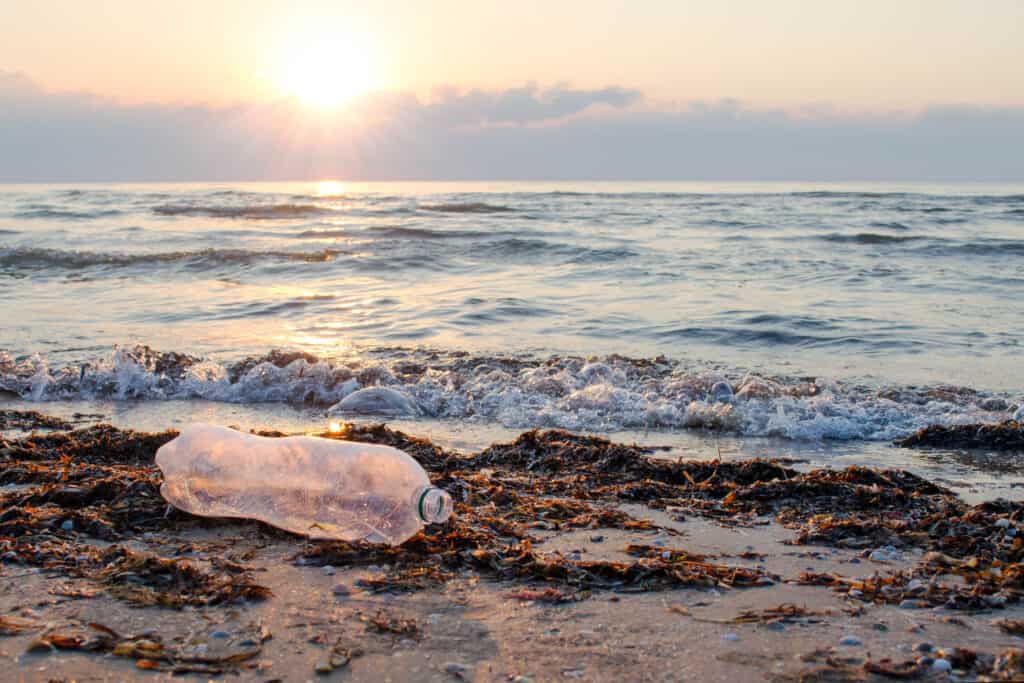We can all play a part in helping to prevent waste from ending up in landfill and ultimately the oceans. From careful sorting of household recycling to upcycling unwanted items, there are plenty of ways to recycle. It is important to recycle responsibly and know what can and cannot go into the bin for kerbside recycling.
For example, adding the wrong type of plastic or disposing of containers with food residue can end up contaminating a whole batch of waste. This can result in more time needed to sort the waste, equipment being damaged, or the entire consignment ending up being sent for disposal. Carefully sorting items will help to ensure this isn’t the case and that as much as possible can be recycled so the plastic can be made into new products – such as TDP’s garden furniture that is handmade from recycled plastic profiles produced entirely from recycled UK waste.
It is also important to note that whilst some items cannot be put in household recycling, it doesn’t mean they are automatically destined for landfill. For example, plastic shopping bags are generally not accepted in household recycling but can nevertheless be recycled at selected supermarkets. According to a survey conducted by The Waste and Resources Action Programme (WRAP), 81% of UK citizens dispose of an item in the recycling when it is not accepted in their area. Some examples include glass cookware and drinking glasses, food and drink pouches, and toothpaste tubes. If you’re not sure what can and cannot be recycled, check your local council website.
Responsible recycling helps to keep waste out of landfill, but if you have items you no longer want then consider reusing, repurposing or finding a new home for them instead. Here are a few ideas:
DONATE
Donate unwanted clothes, books, toys, ornaments and more to your local charity shop whilst knowing you’ll be raising money for good causes at the same time.
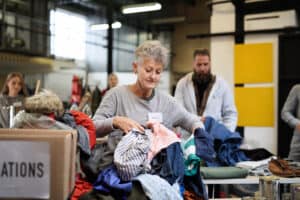
REPAIR CAFES
Before giving up on that broken chair or heirloom clock that no longer works, why not pop along to your local repair café where volunteers will be on hand to help mend your possessions. It’s a great way of bringing items back into full working use. Wirksworth’s own repair cafe is open on the first Saturday of every month, just a fifteen minute walk from TDP’s showroom.
CLOTHES SWAP
Organise a clothes swap with friends or head along to a public event with an item of clothing you no longer wear to swap for something else. It’s a great way of updating your wardrobe whilst making sure your latest fashion acquisition is sustainable.
UPCYCLE
The best form of recycling is not resorting to recycling at all but to use the products for as long as possible. Give items you have no use for any more a new lease of life and turn them into something special. Recycle old furniture by repainting it, repurpose treasured mementoes by turning them into useful items, transform glass bottles into unusual lamps, and unravel old jumpers and cardigans to re-knit into contemporary new designs.
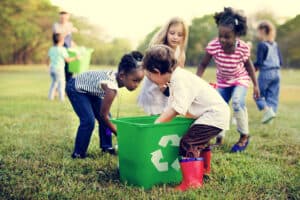
GO ONLINE
Find a new home for items you no longer want – particularly useful for those bulky items that can be awkward to dispose of – but may be just what someone else is looking for. From sofas to fridges, wardrobes to garden sheds, add your items to websites such as Freecycle and see how much interest your advert generates.
COMPOST
Recycle fruit and veg peelings on your compost heap or bin and in time you’ll be producing your own peat free compost – it’ll enrich the soil and ensure plants are healthy and strong. You could even add it to one of TDP’s planters made from wood-effect recycled plastic profiles that will be sure to look as impressive as the fruit and veg tastes.
GET CRAFTY
A vast amount of wrapping paper and greetings cards can be recycled but some contain plastic, which cannot. Instead of simply consigning them to the waste bin, get creative and reuse them by cutting up old birthday and Christmas cards to make unique gift tags and brighten someone else’s day with a home made token.
REUSE
It is not only food waste that can be an issue, but the packaging it comes in. Instead of throwing away containers, why not wash and reuse them – perfect for keeping all those bits and pieces together, using old yogurt tubs for plant pots, and ice lolly sticks for recycled seed labels. Even better, avoid the extra packaging in the first place by heading to a zero waste shop that sells food and other items with none of the packaging – just remember to take your own reusable containers with you! Why not head to Wirksworth’s high street and visit Skopa, the town’s very own zero waste shop.
